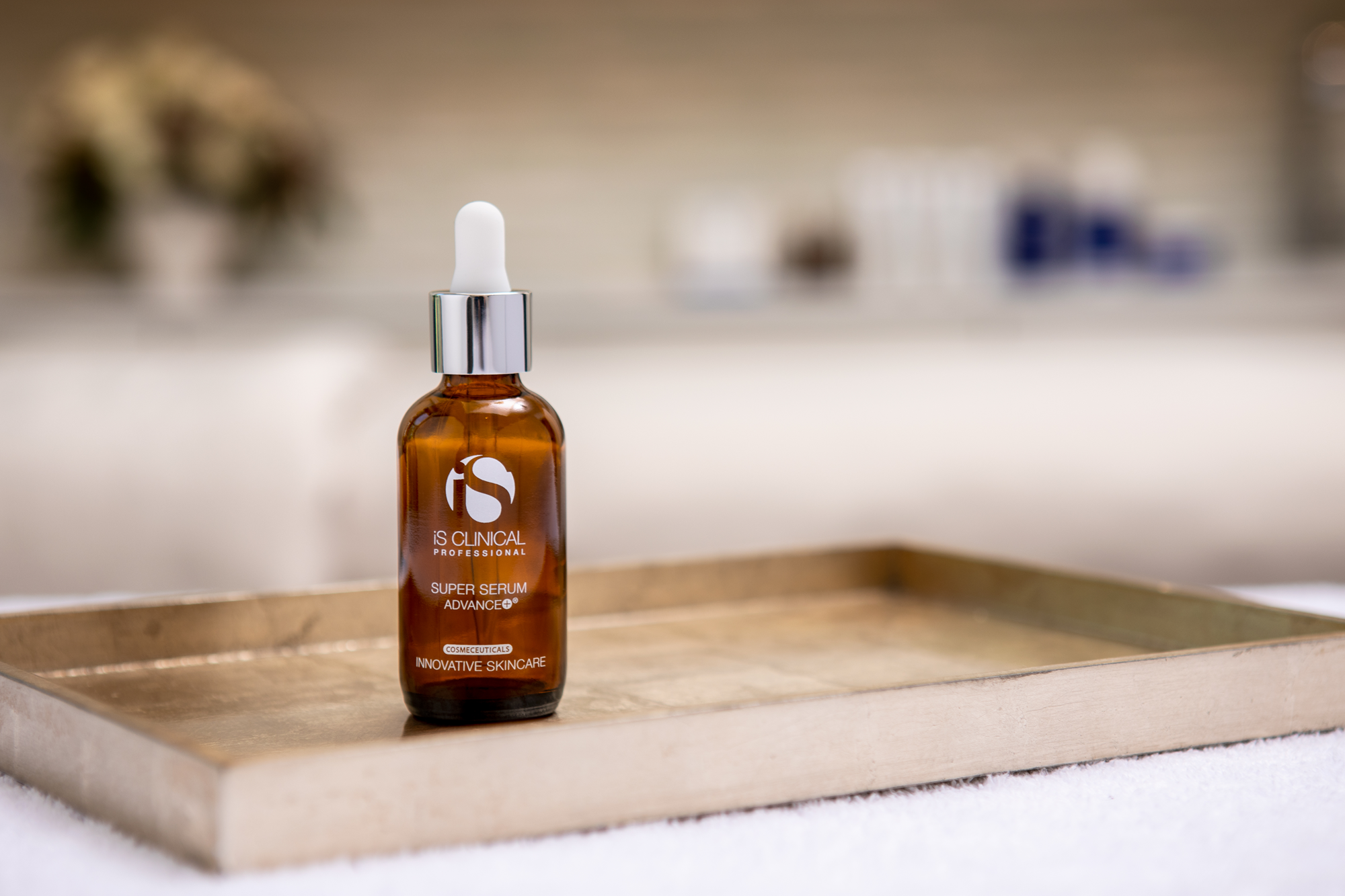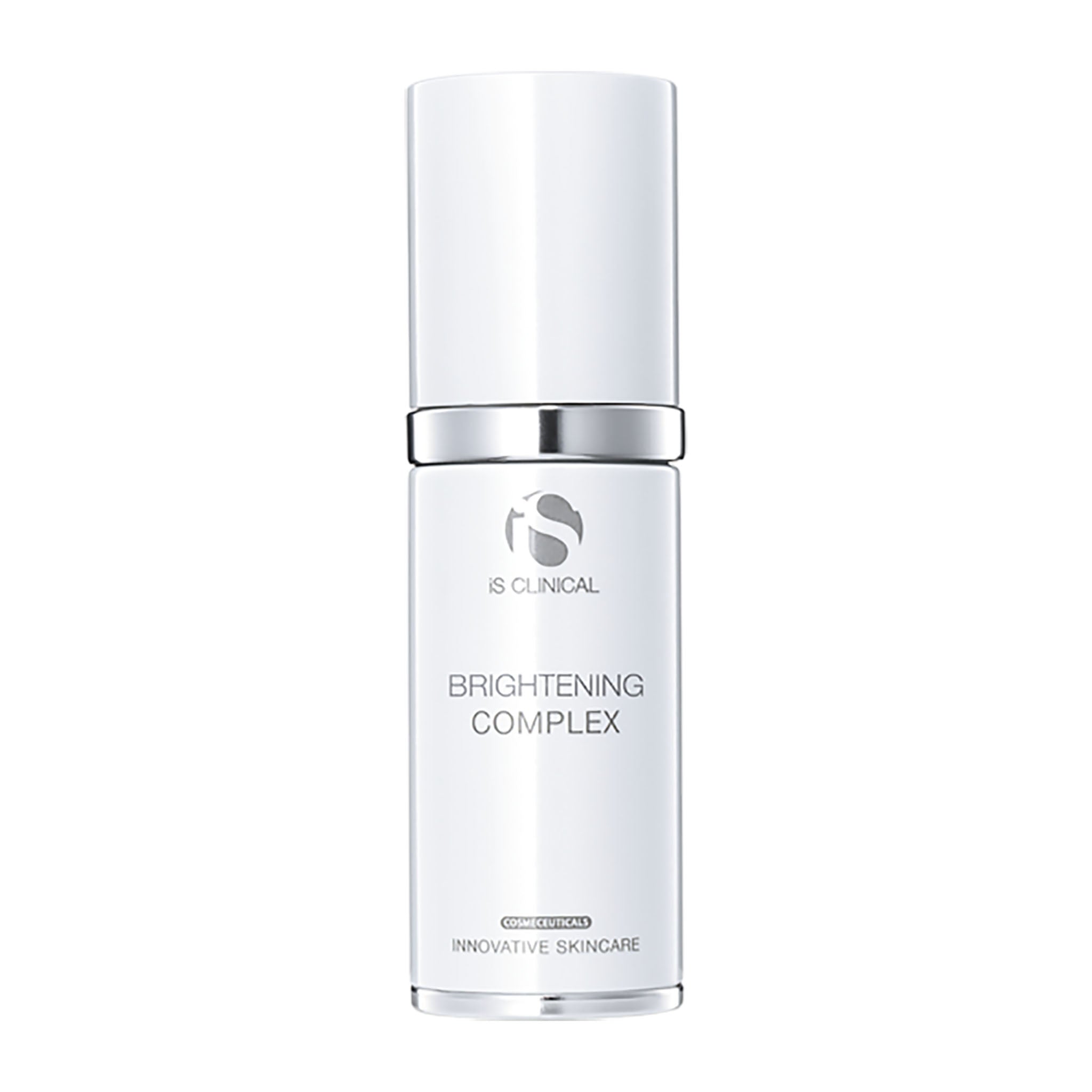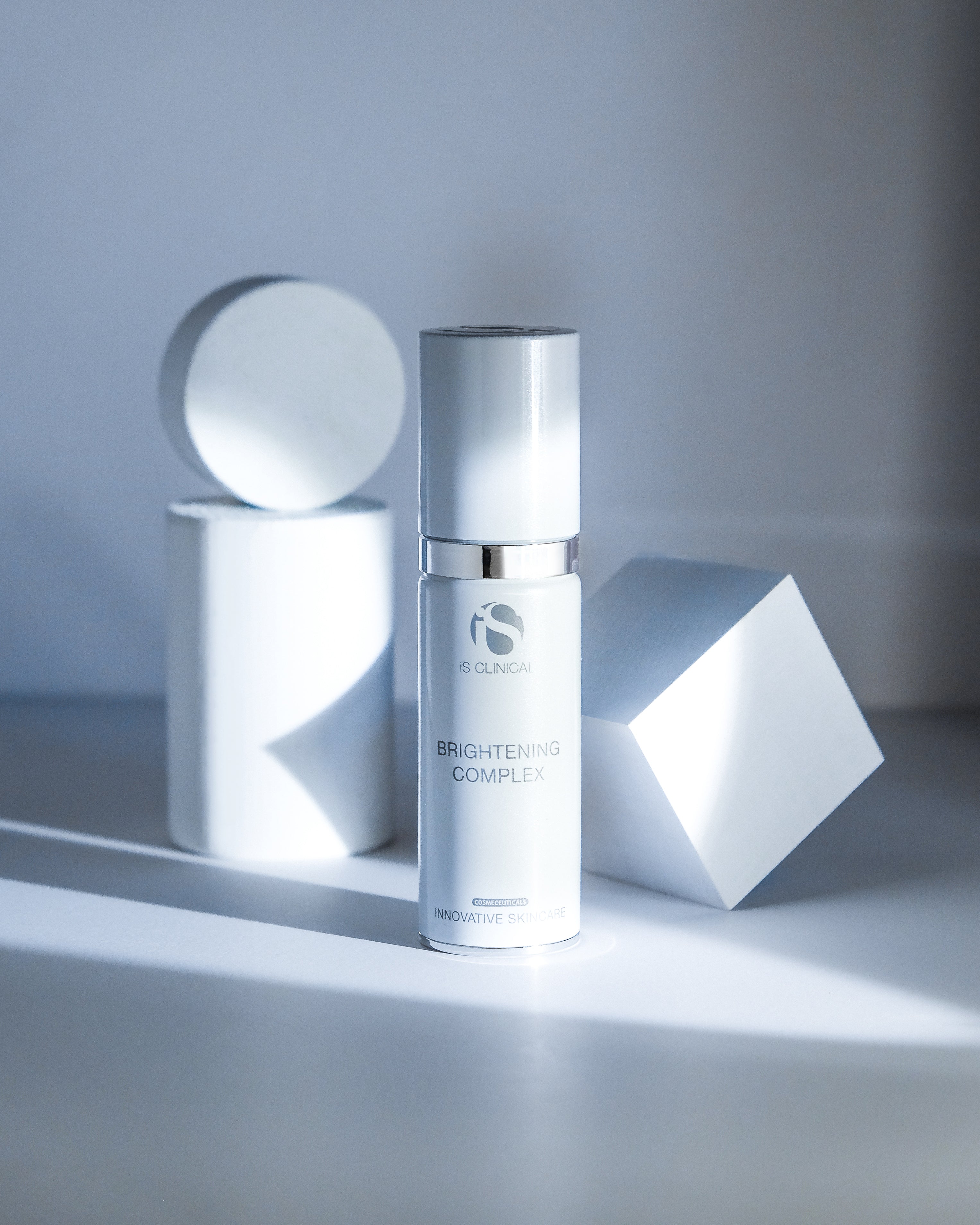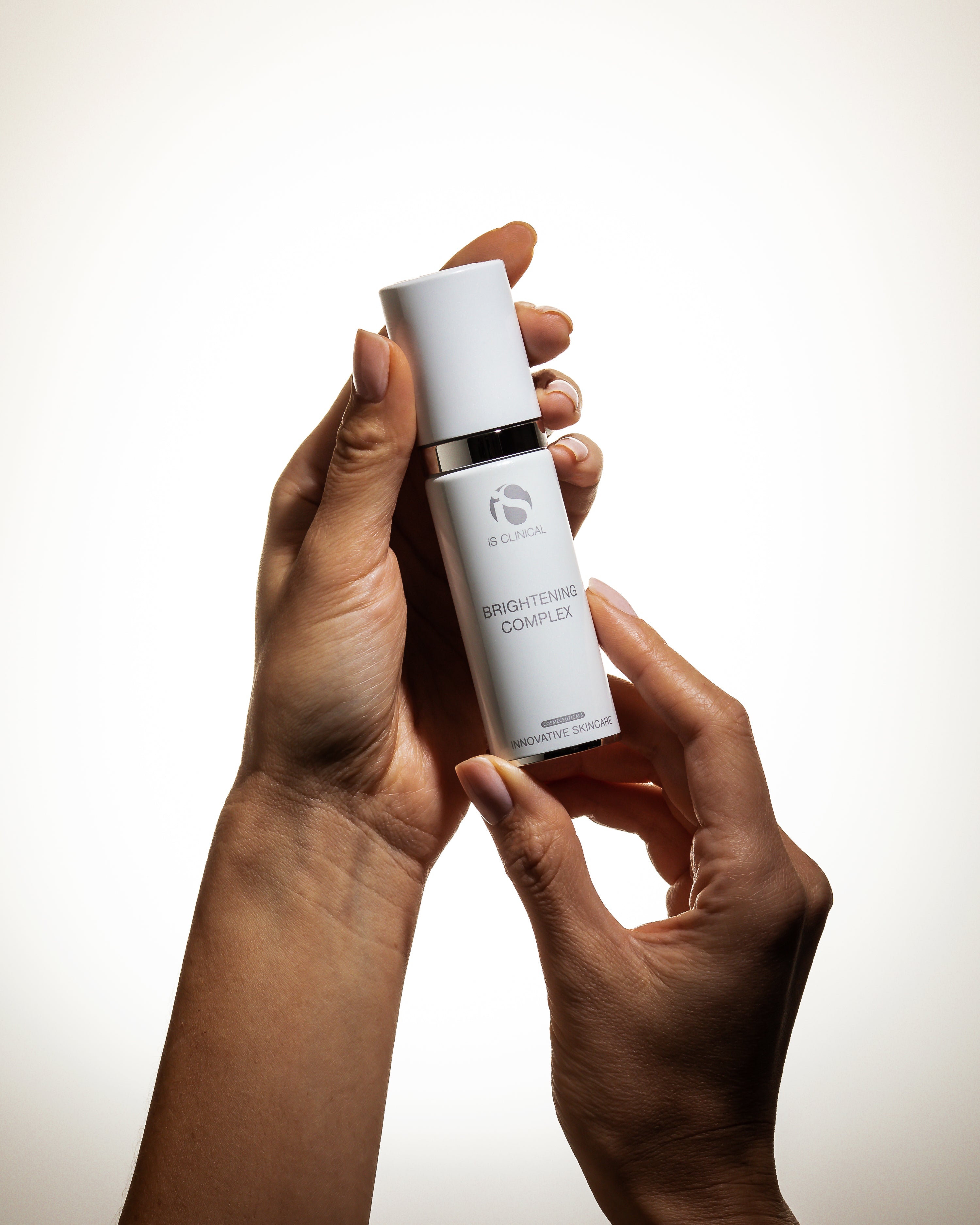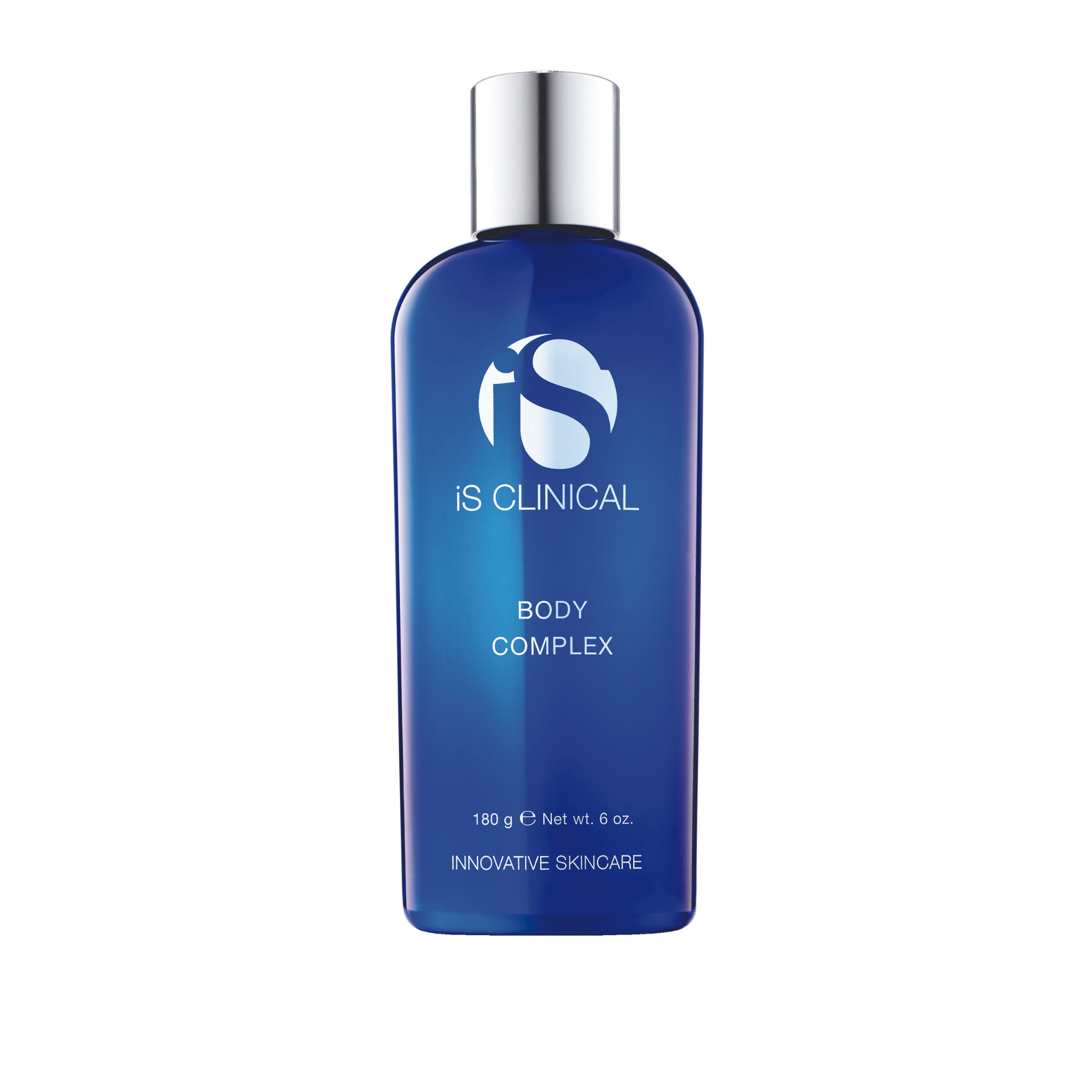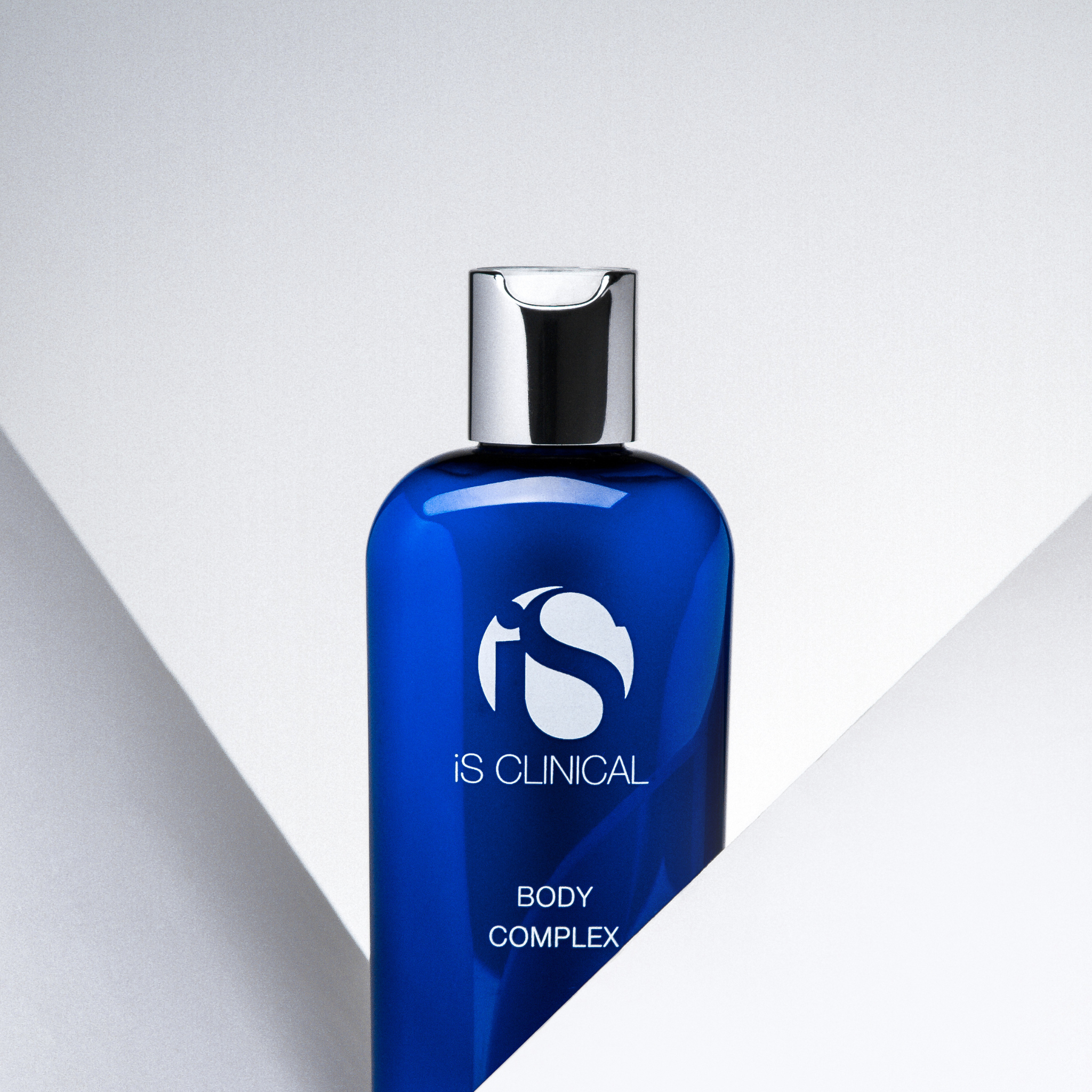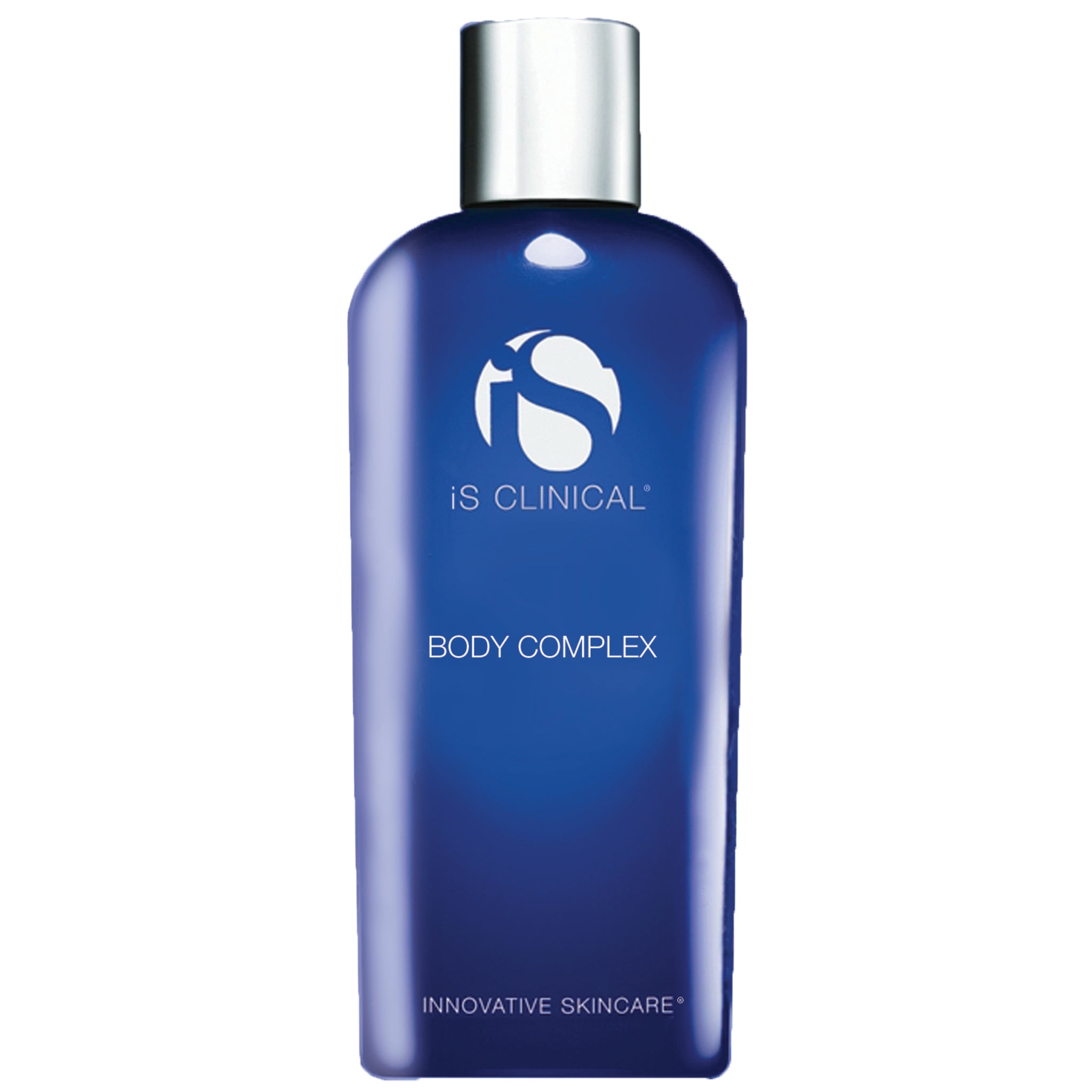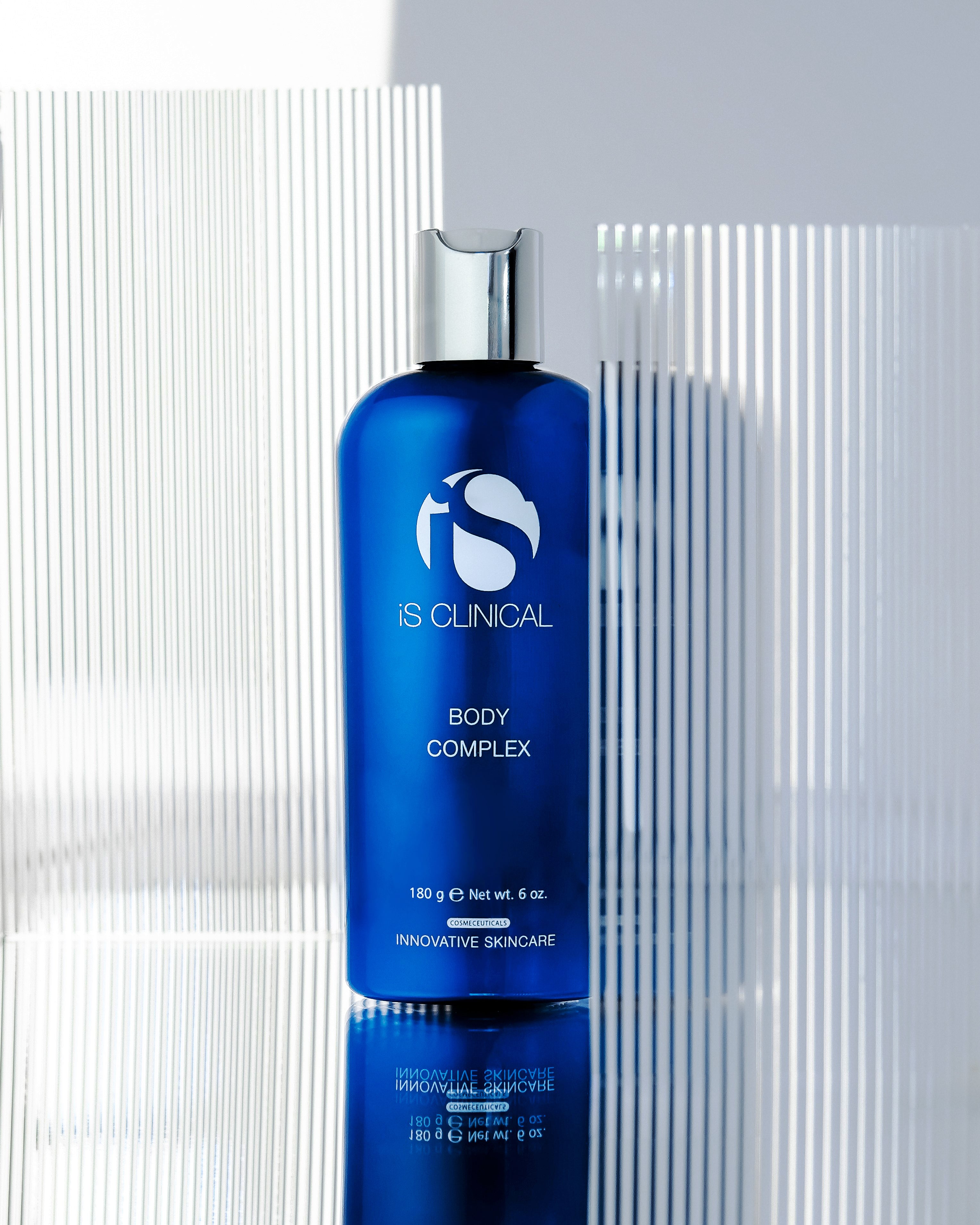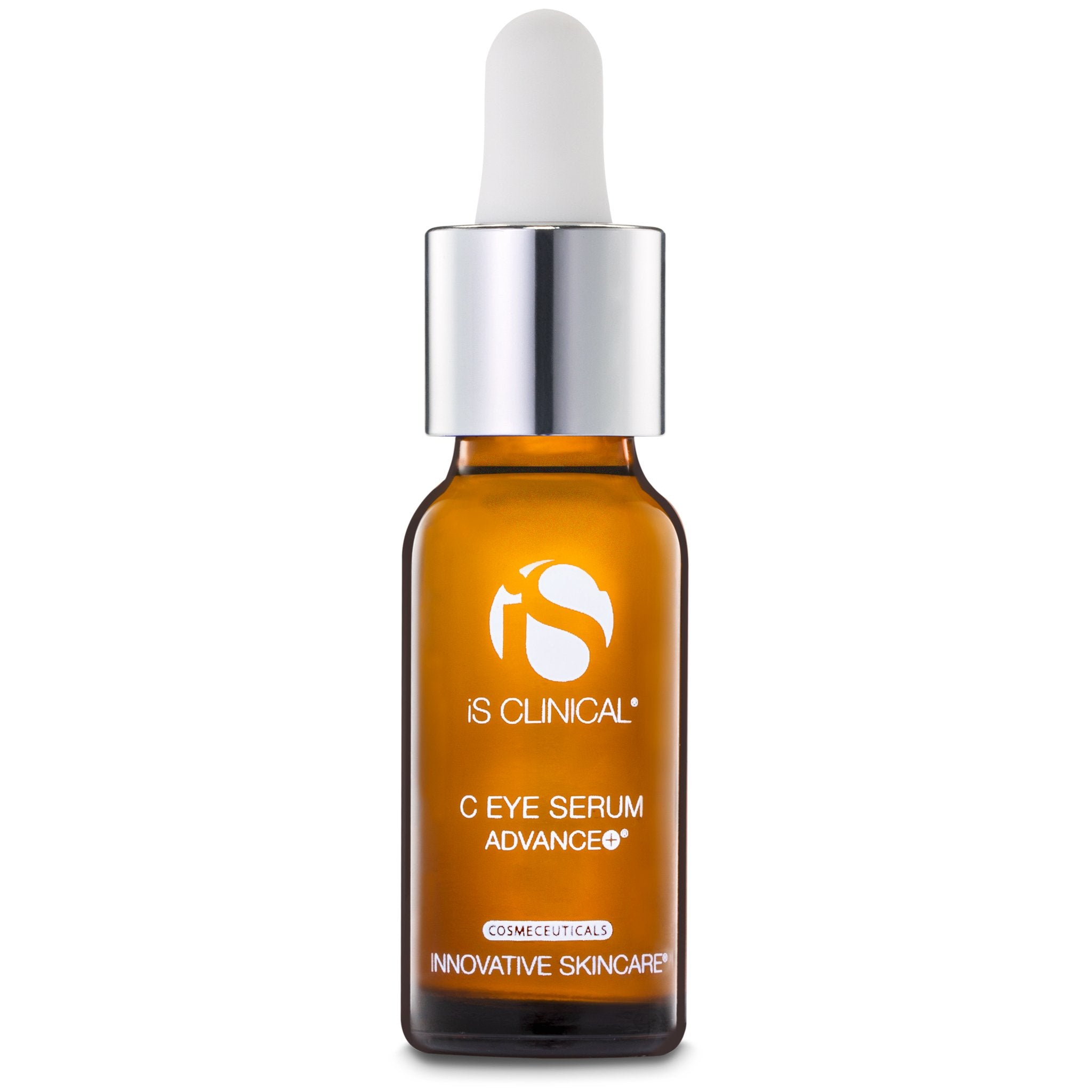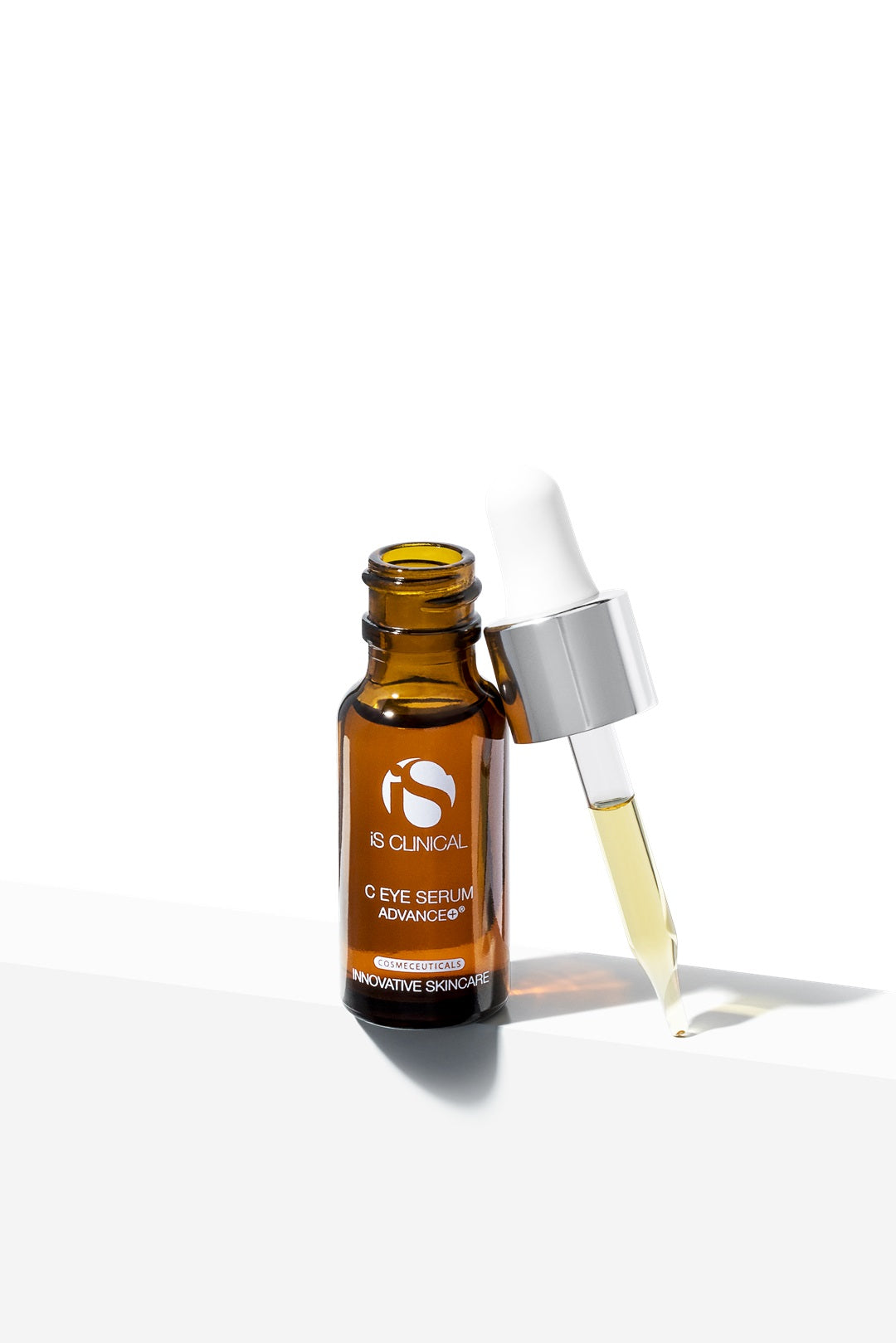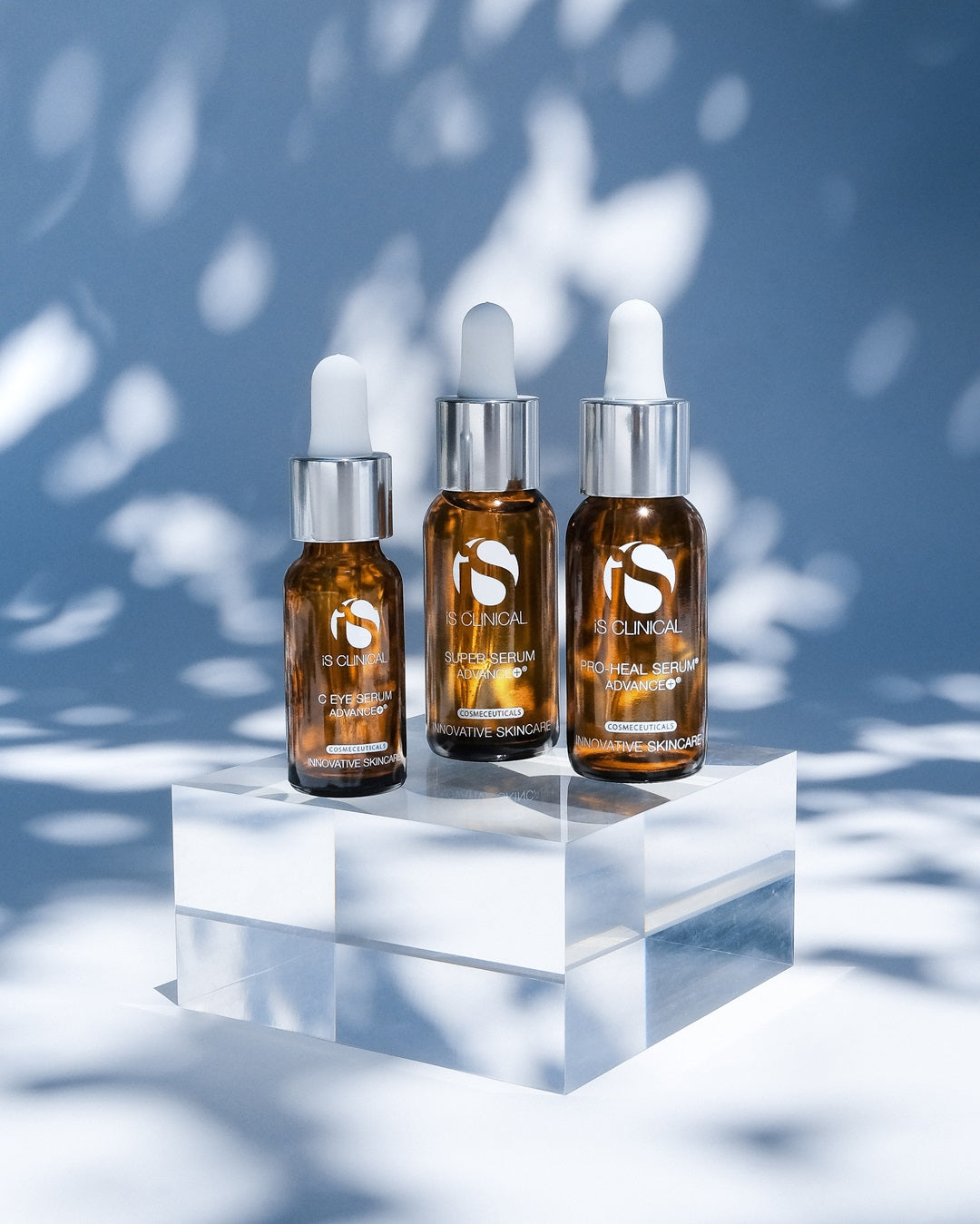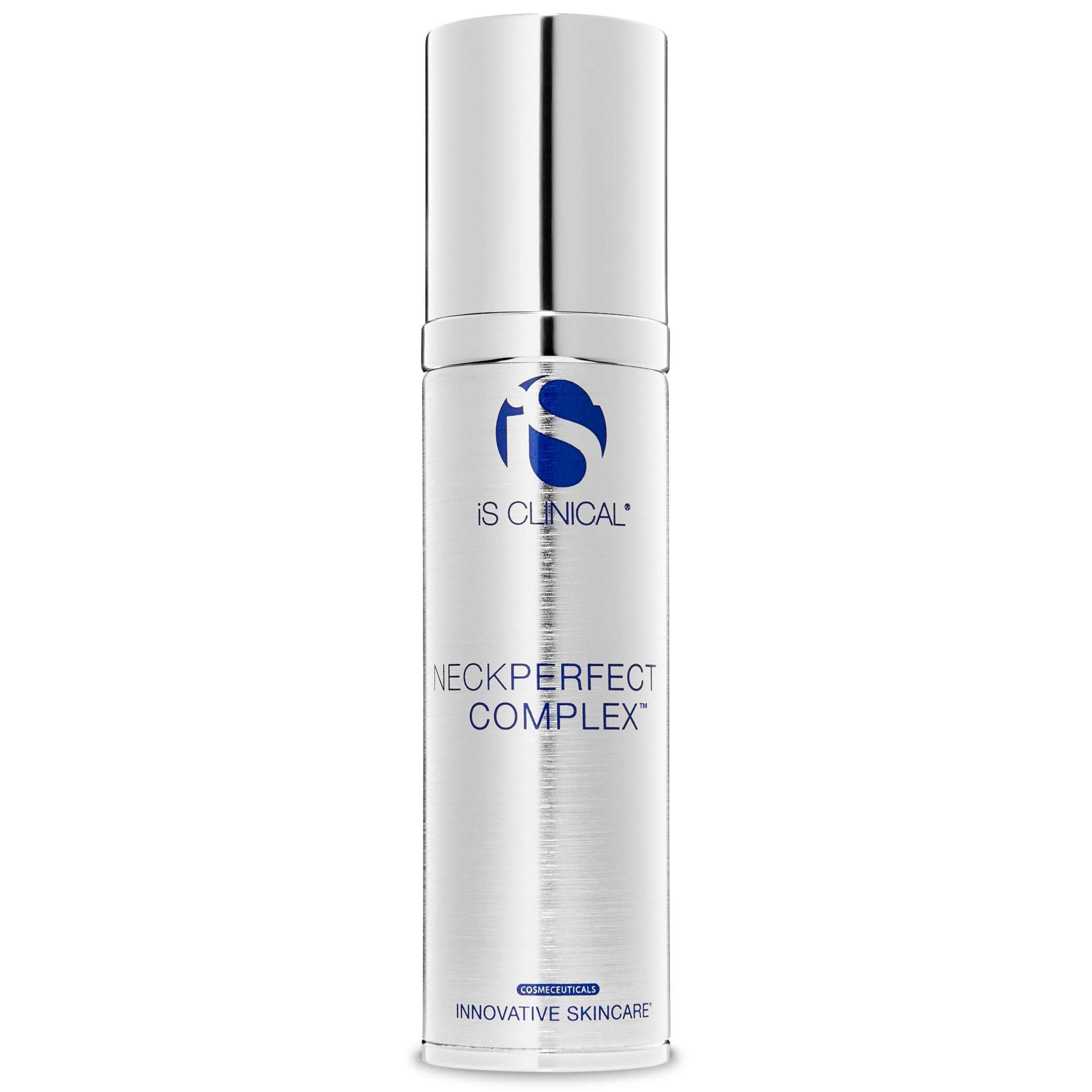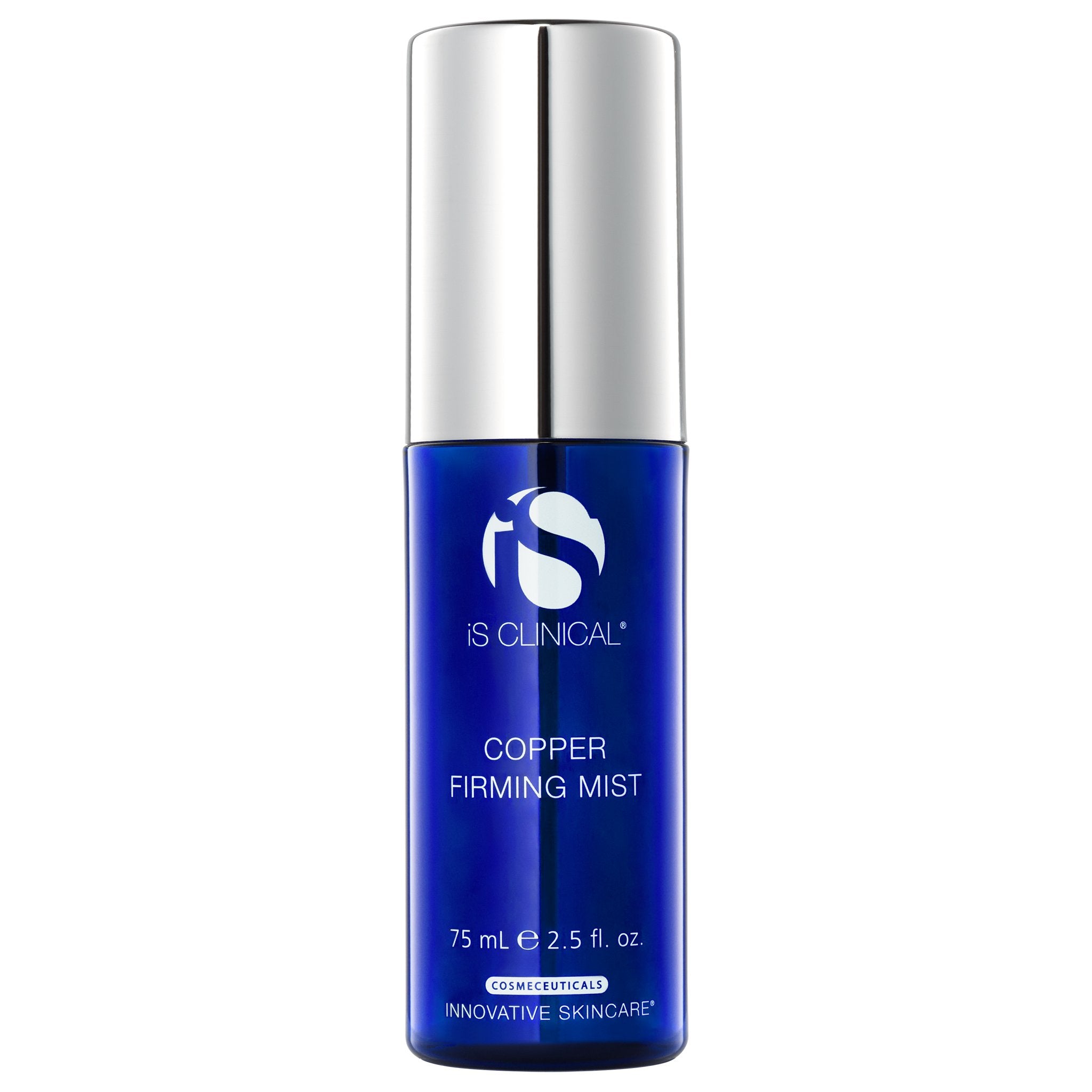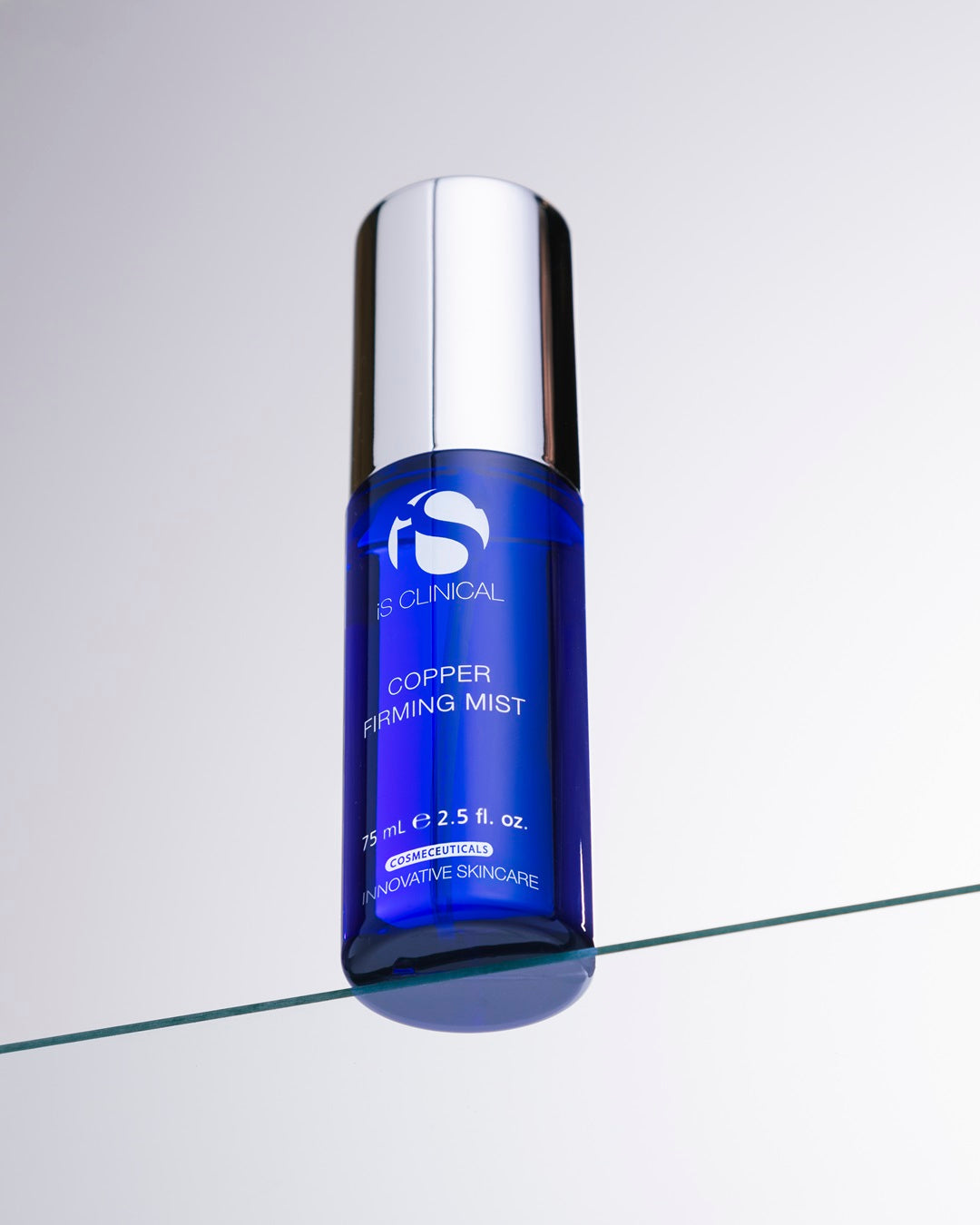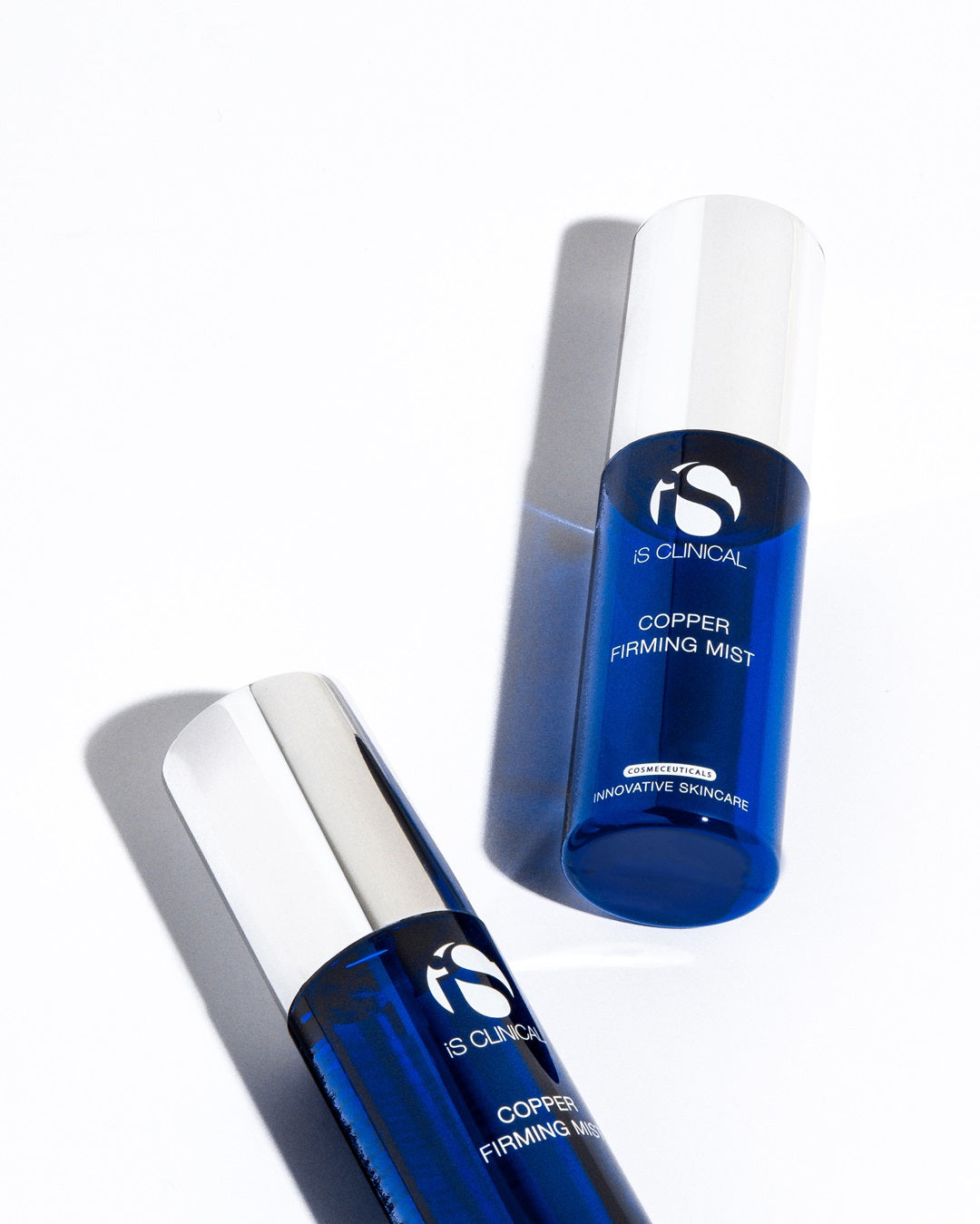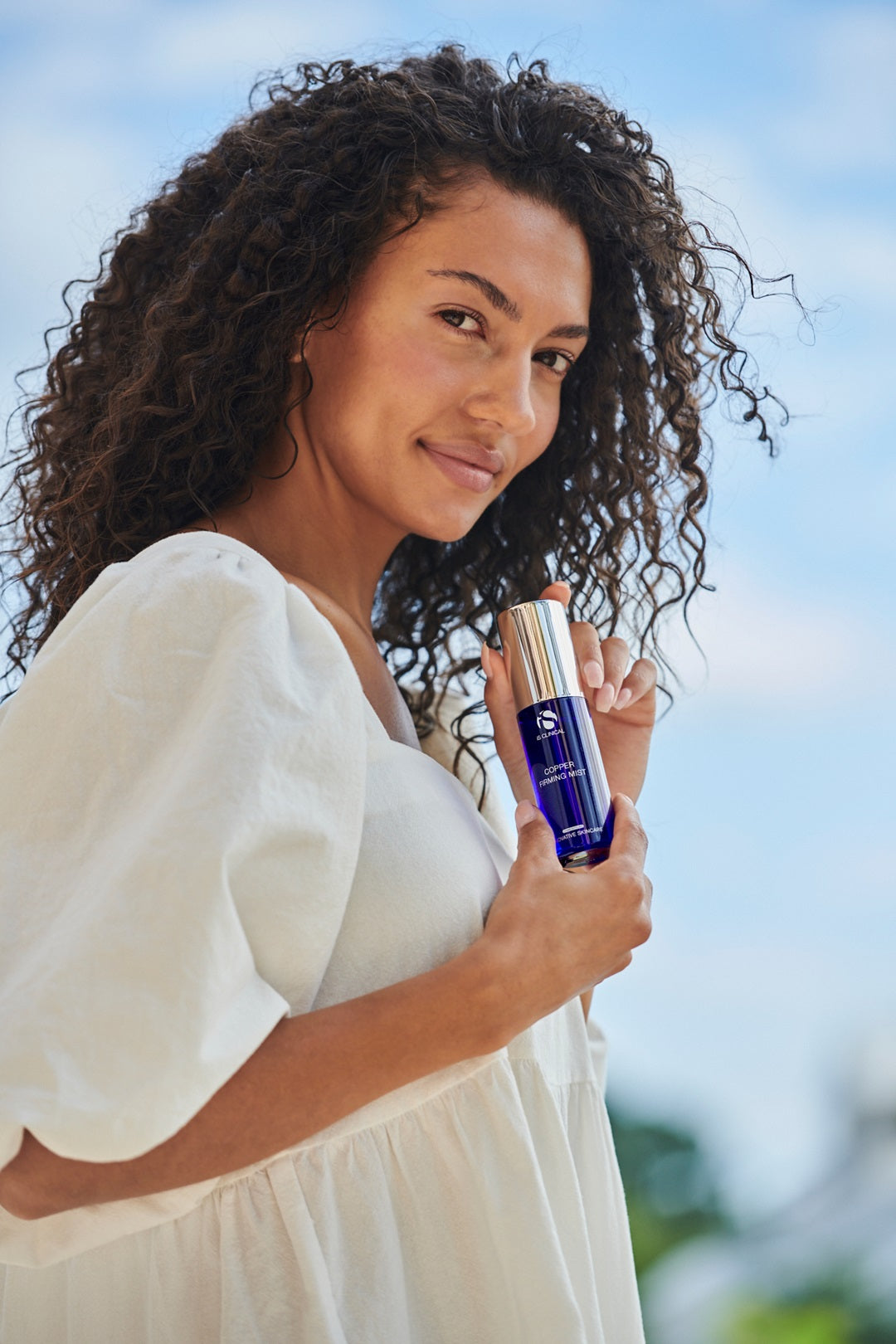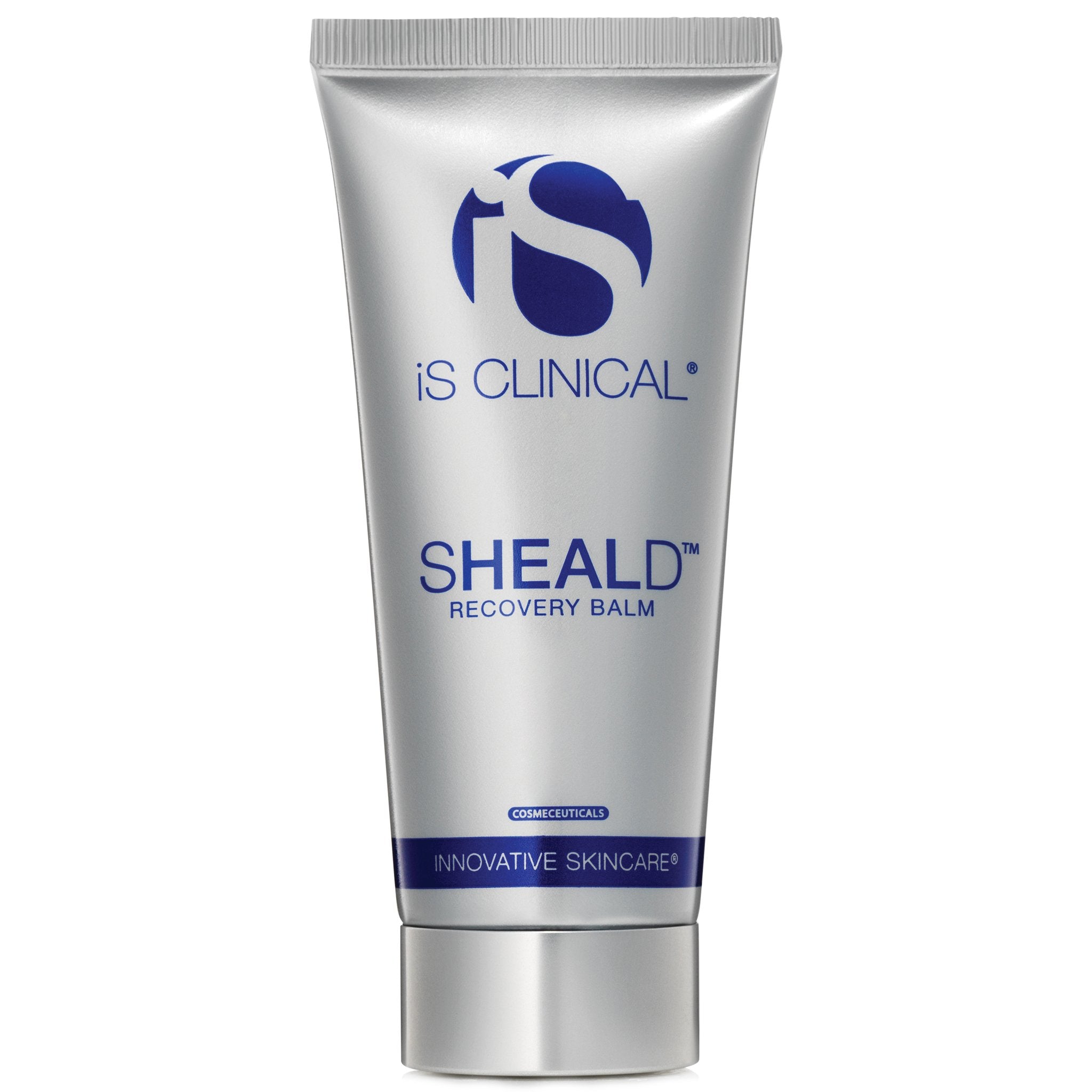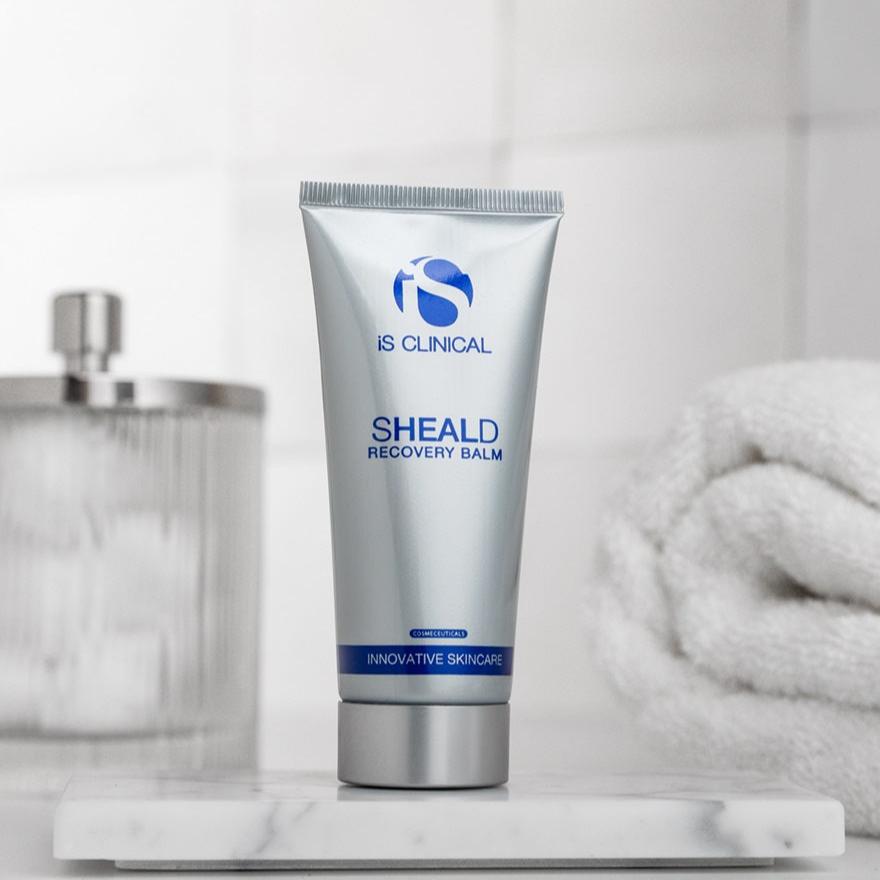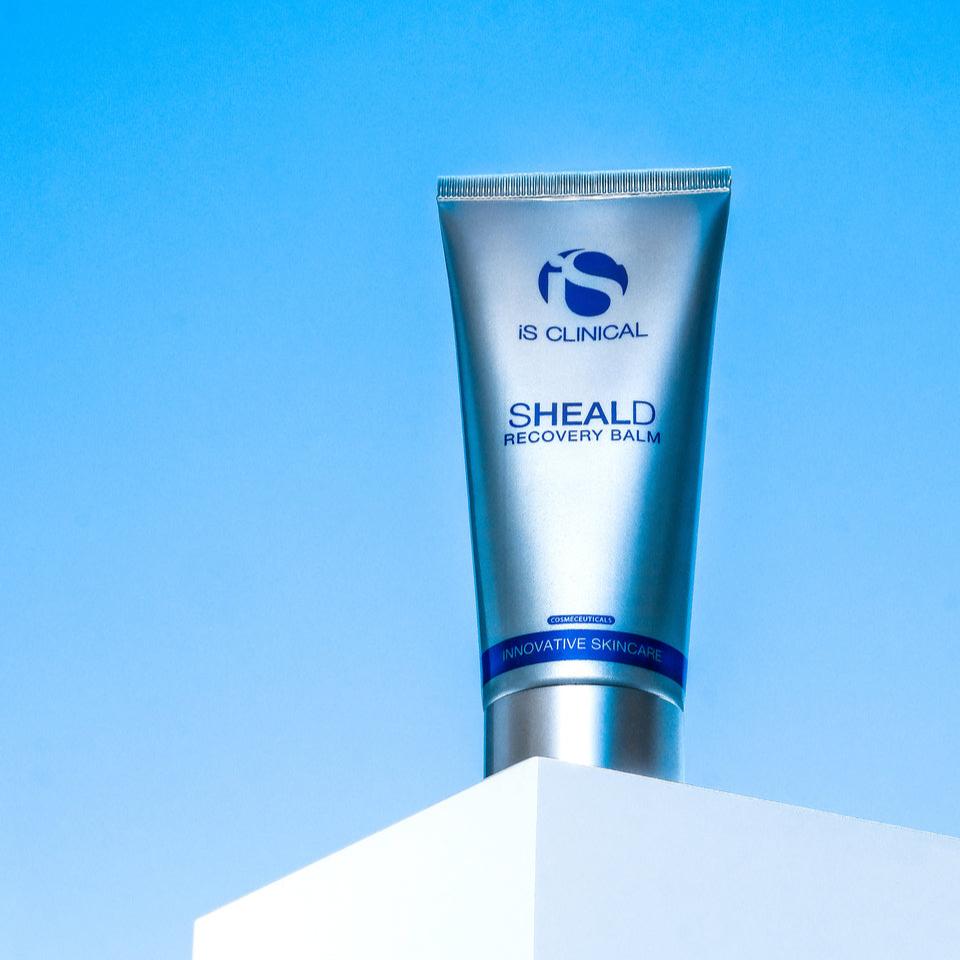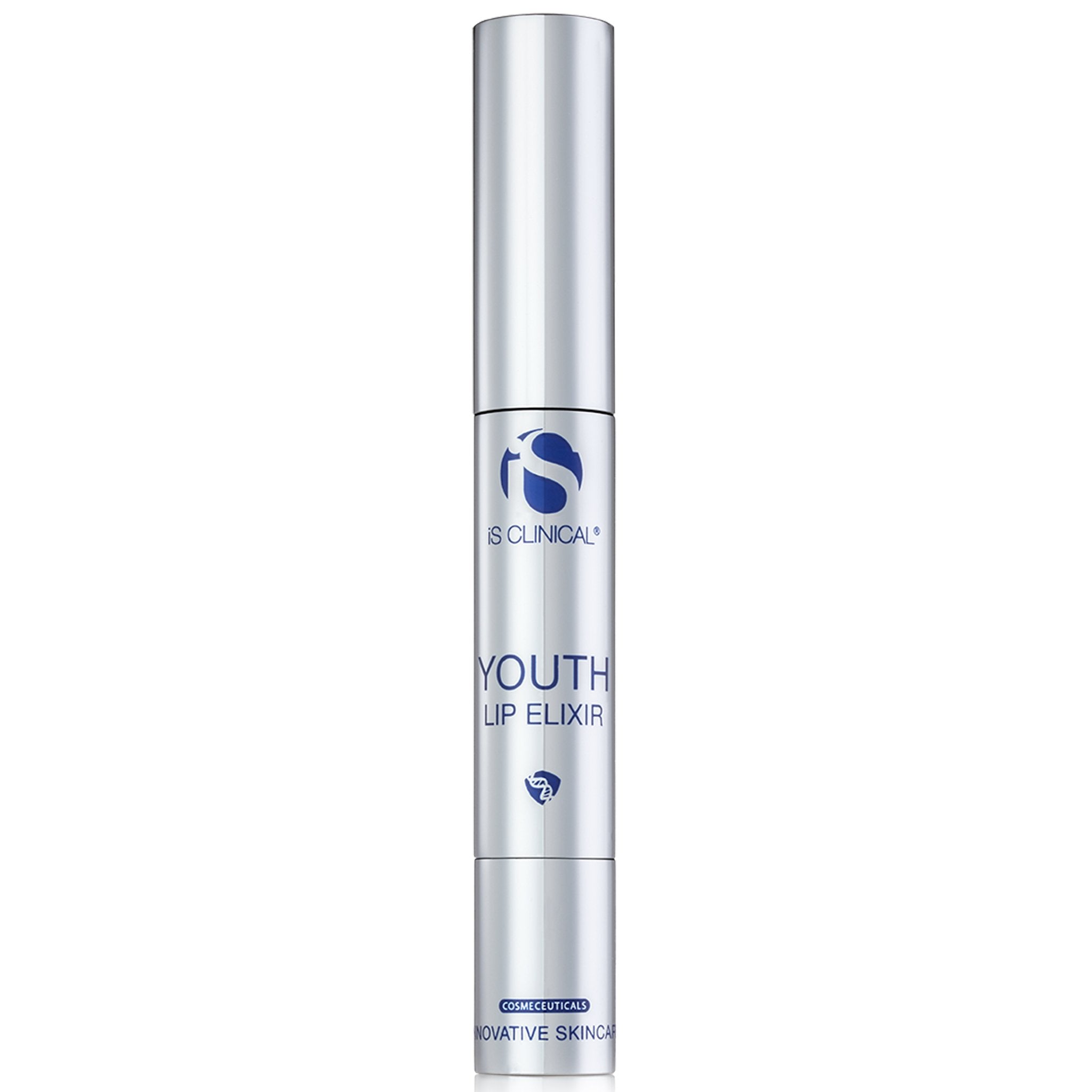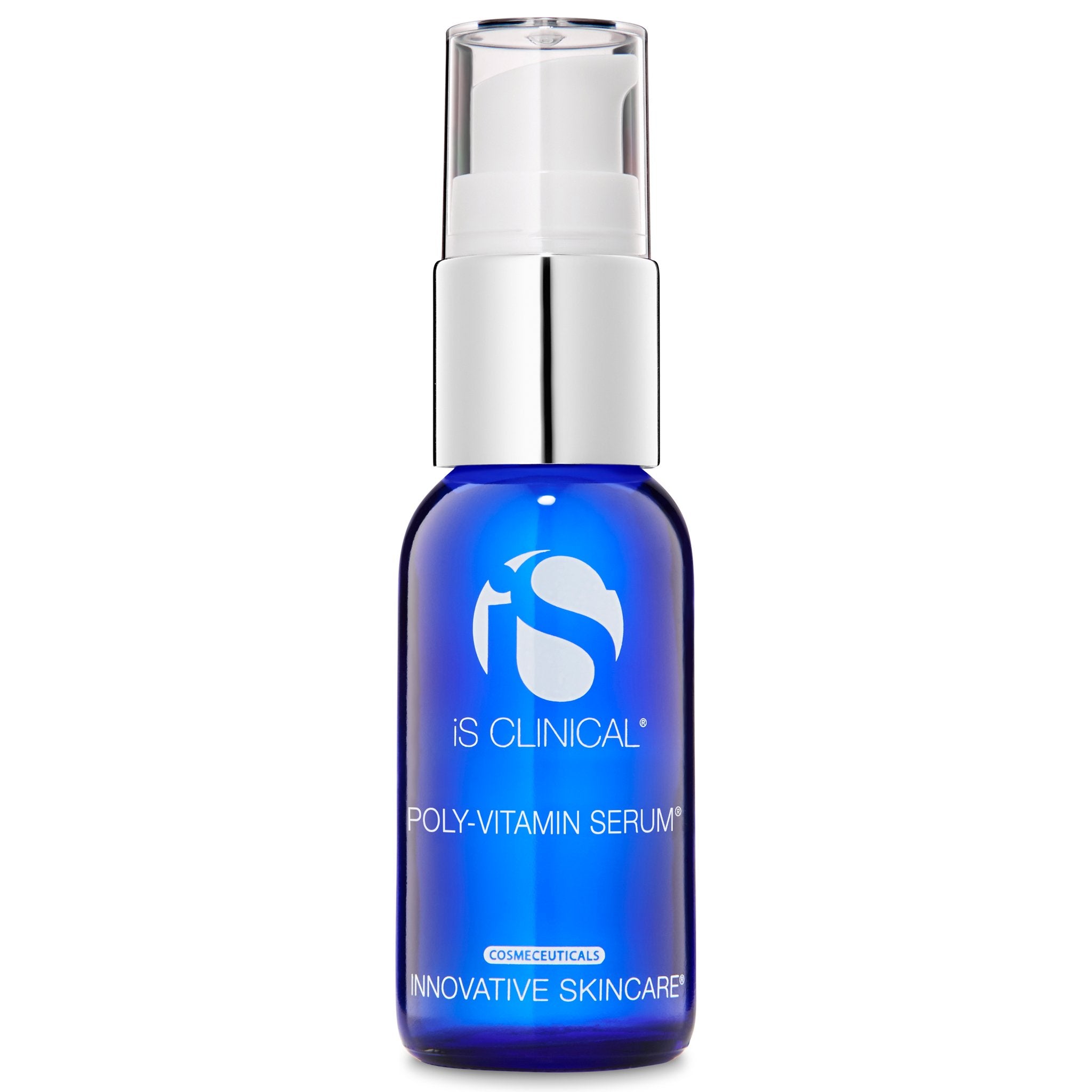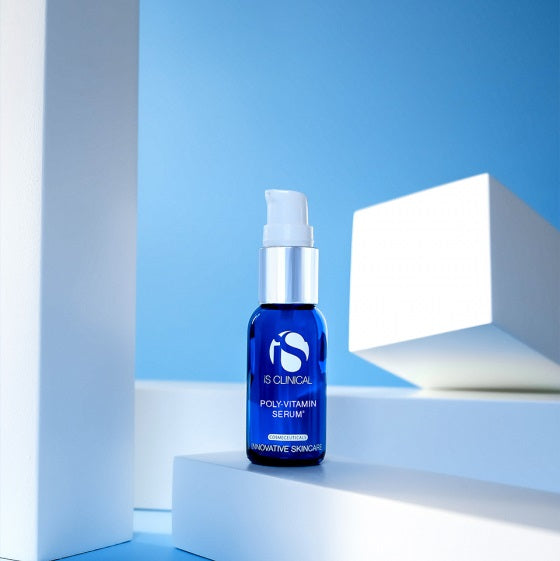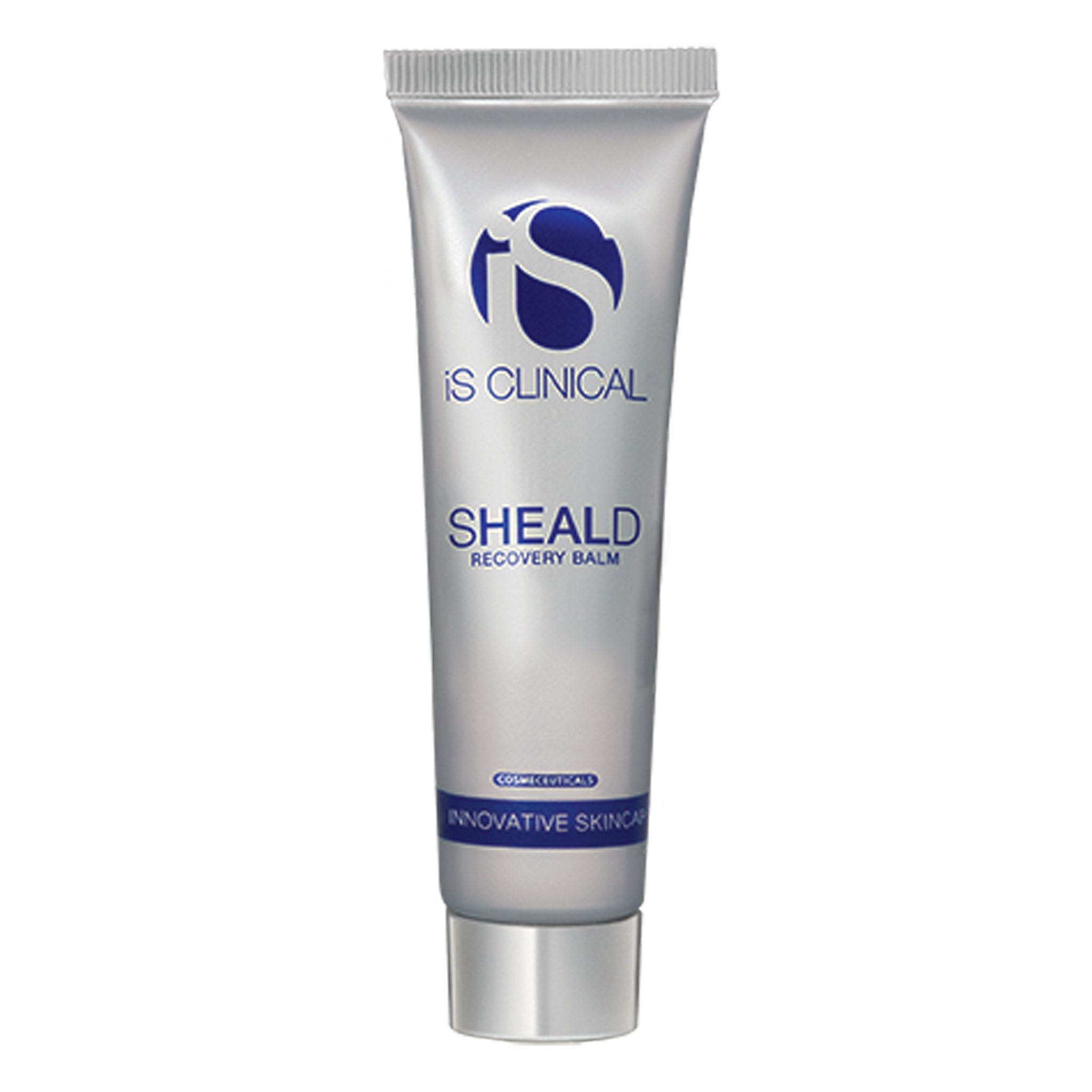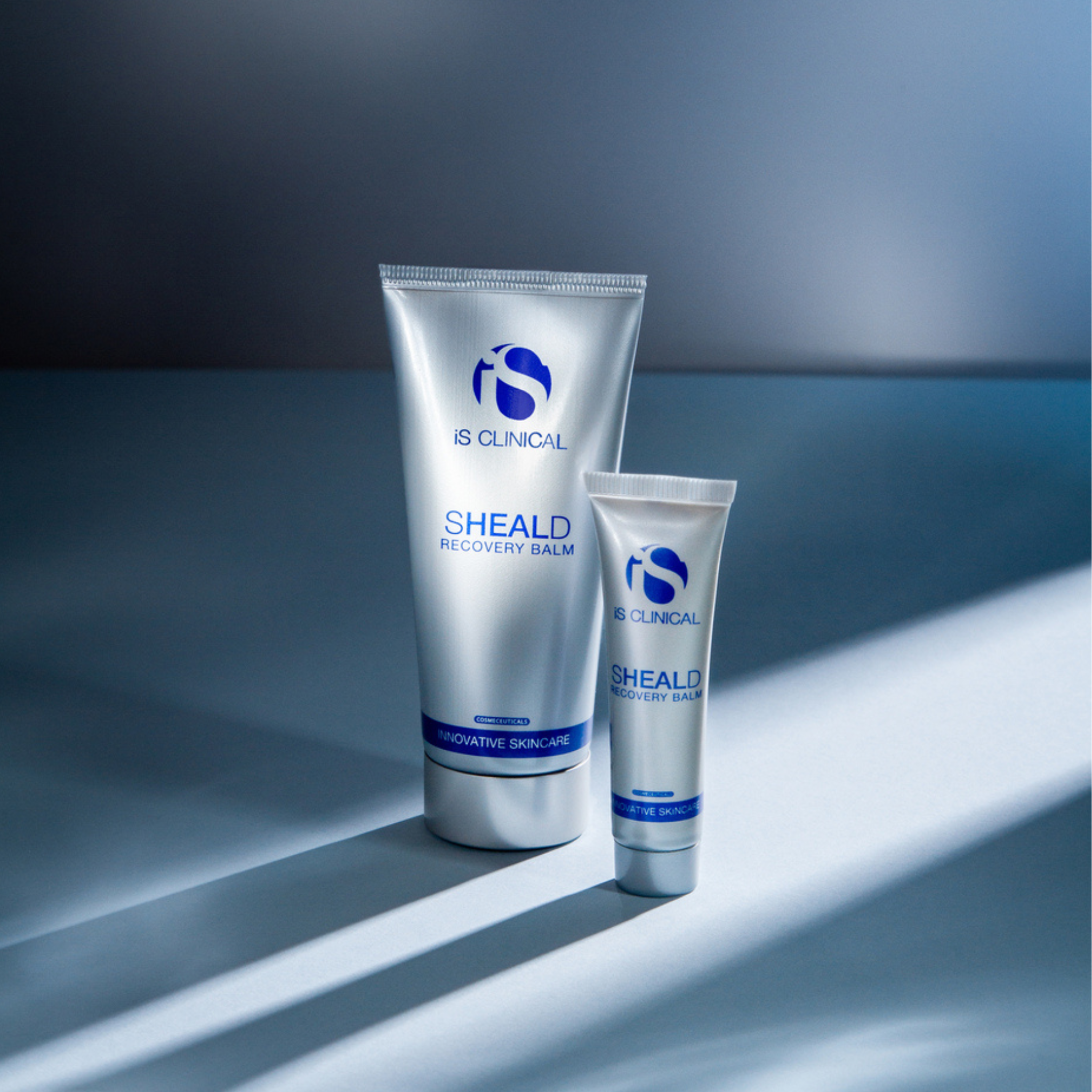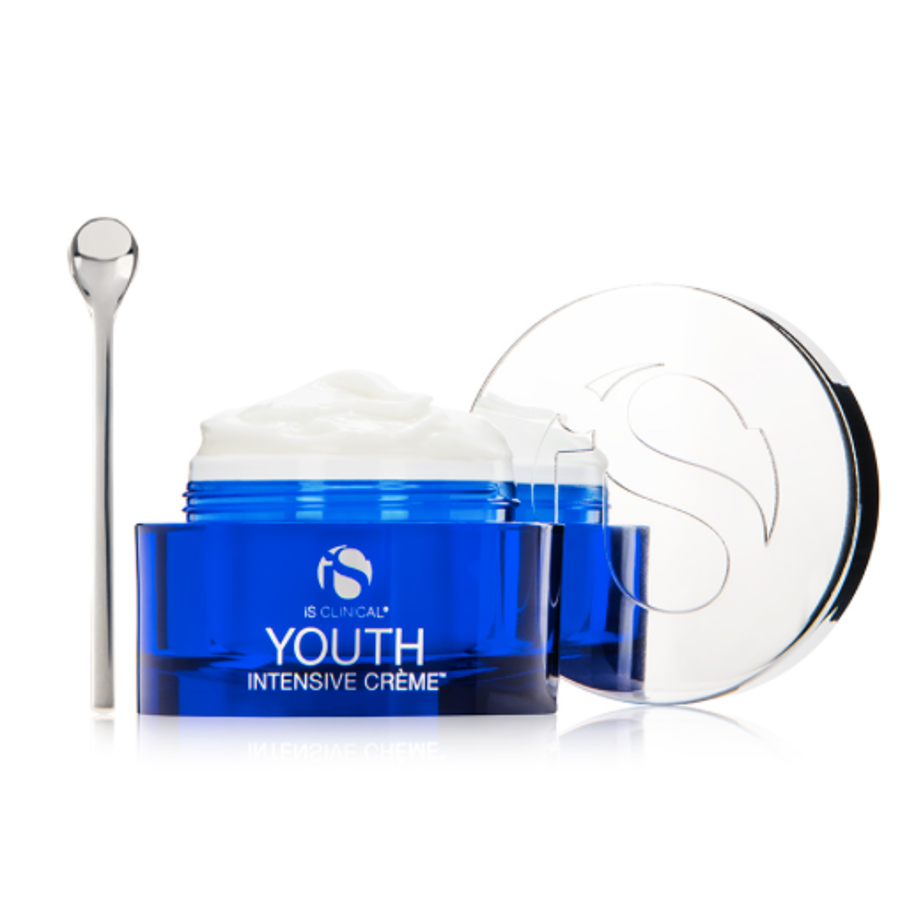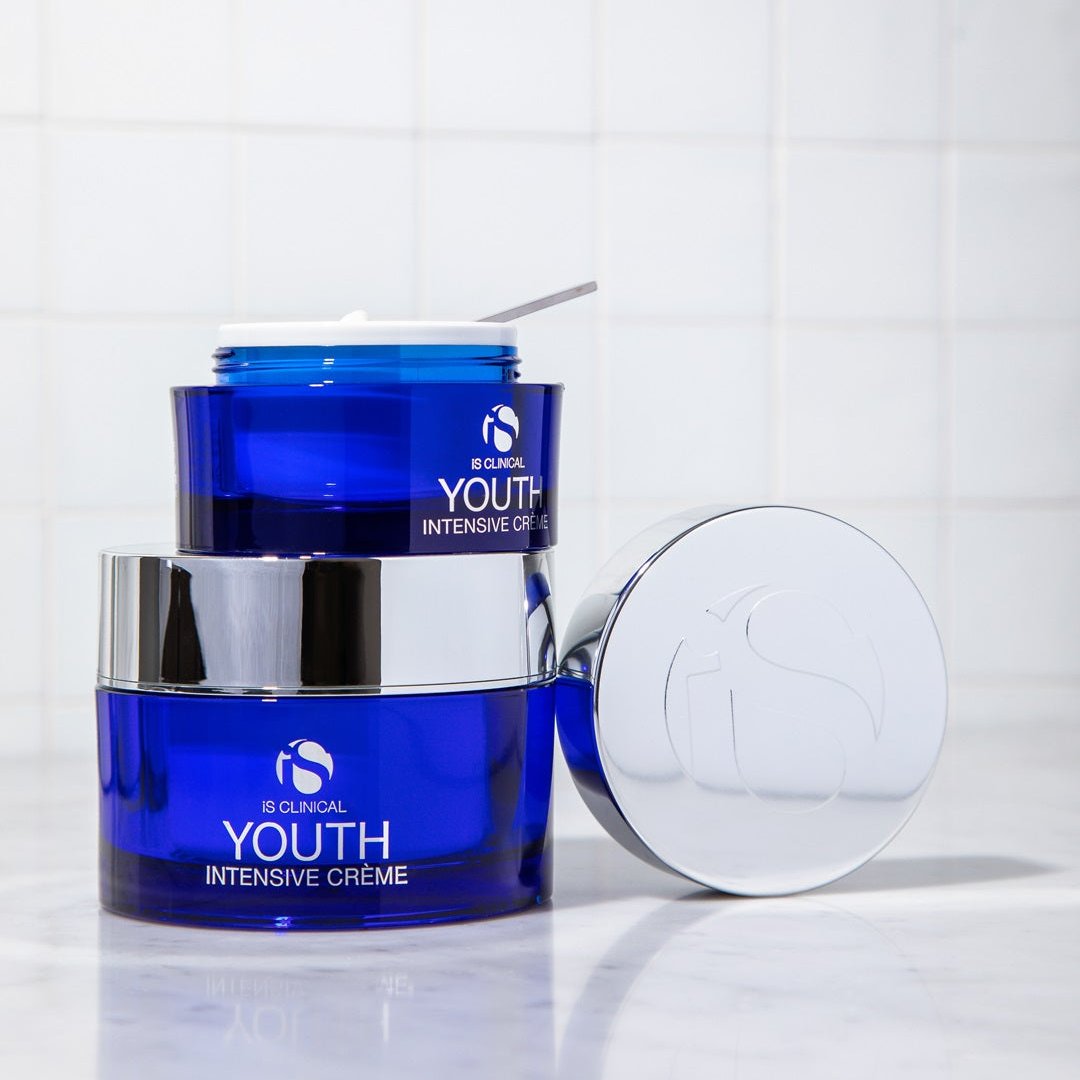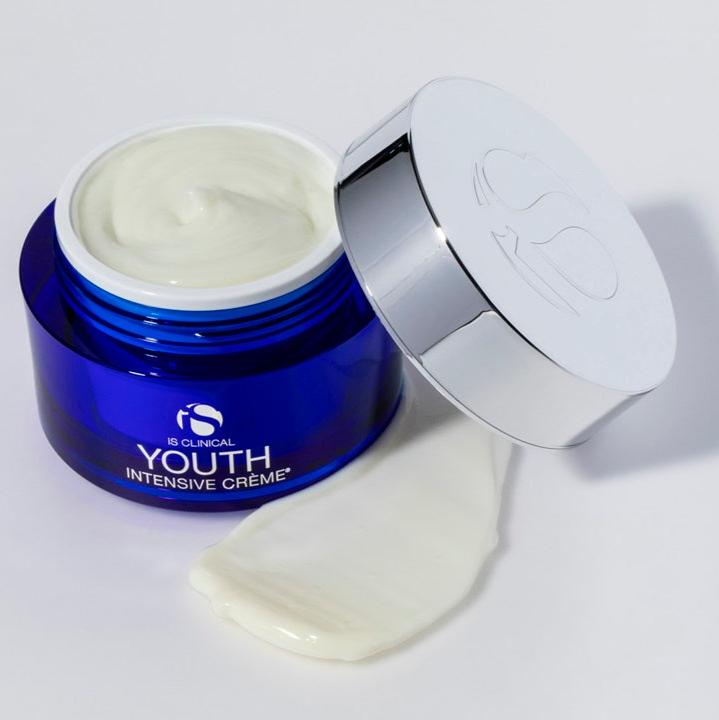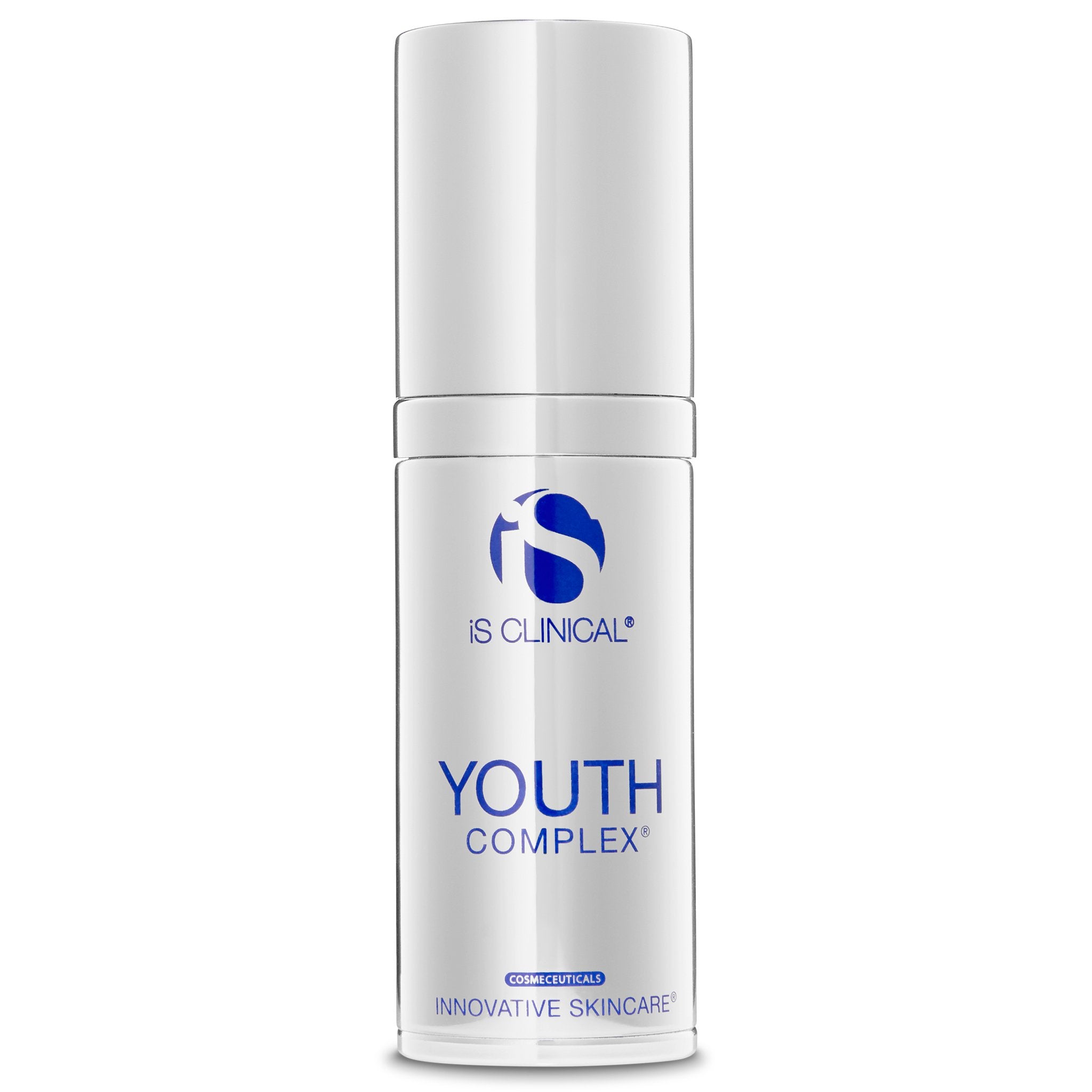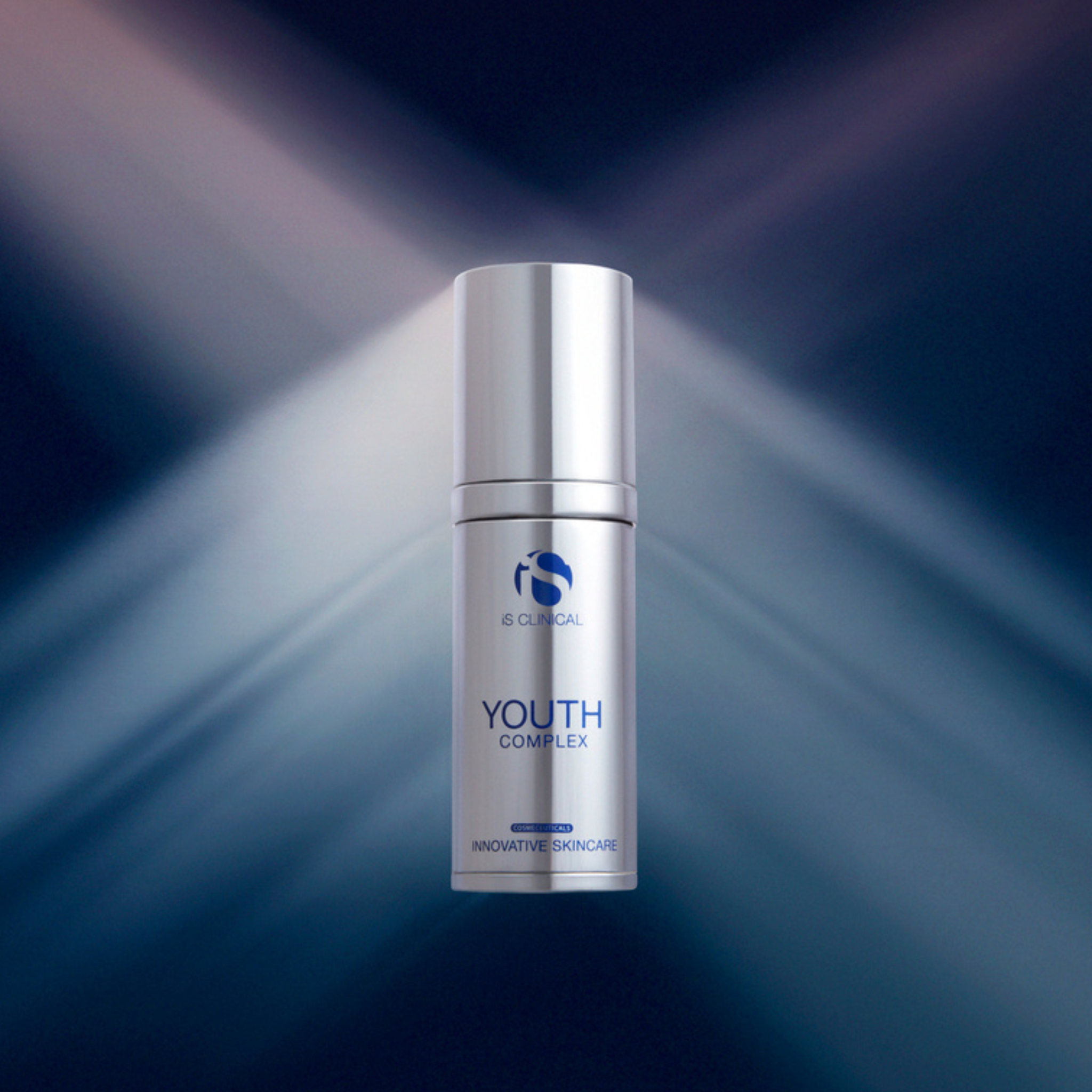In the realm of skincare, few ingredients have garnered as much attention and acclaim as Hyaluronic Acid. Known for its ability to hydrate and plump the skin, this powerhouse molecule has found its way into countless serums, moisturisers and even injectables. But amidst its popularity for anti-aging benefits, a pertinent question arises......is Hyaluronic Acid good for acne?
Hyaluronic Acid is a naturally occurring substance in the body, primarily found in the skin, connective tissues, and eyes. It acts as a humectant, meaning it attracts and retains moisture, making it a vital component for maintaining skin hydration and suppleness.
Does Hyaluronic Acid benefit acne-prone skin?
The answer lies in its unique properties and how they interact with the mechanisms of acne formation.
- Hydration: One of the key benefits of Hyaluronic Acid is its ability to hydrate the skin. Proper hydration is essential for maintaining skin barrier function and preventing excessive oil production. By keeping the skin adequately moisturised, Hyaluronic Acid may help balance oil production, reducing the likelihood of pore blockages and subsequent acne breakouts.
- Anti-inflammatory Properties: Inflammation plays a significant role in the pathogenesis of acne. Studies have shown that Hyaluronic Acid possesses anti-inflammatory properties, which can help soothe redness and irritation associated with acne lesions. By calming the skin, Hyaluronic Acid may aid in minimising the inflammatory response triggered by acne.
- Wound Healing: Acne lesions, particularly inflammatory ones like papules and pustules, represent wounds in the skin. Hyaluronic Acid has been shown to promote wound healing by enhancing the skin's natural repair processes. By accelerating the healing of acne lesions, Hyaluronic Acid may contribute to faster resolution and reduced scarring.
- Non-Comedogenic Nature: Concerns often arise regarding skincare ingredients potentially exacerbating acne by clogging pores. Fortunately, Hyaluronic Acid is non-comedogenic, meaning it does not block pores or contribute to the formation of acne lesions. This makes it suitable for use in acne-prone individuals without fear of worsening breakouts.
Hyaluronic Acid offers several potential benefits for acne-prone skin, including hydration, anti-inflammatory effects, wound healing properties, and non-comedogenicity. While it may not be a standalone solution for acne treatment, incorporating Hyaluronic Acid into your skincare routine can complement existing acne management strategies and contribute to healthier, clearer skin.
Products containing Hyaluronic Acid below

